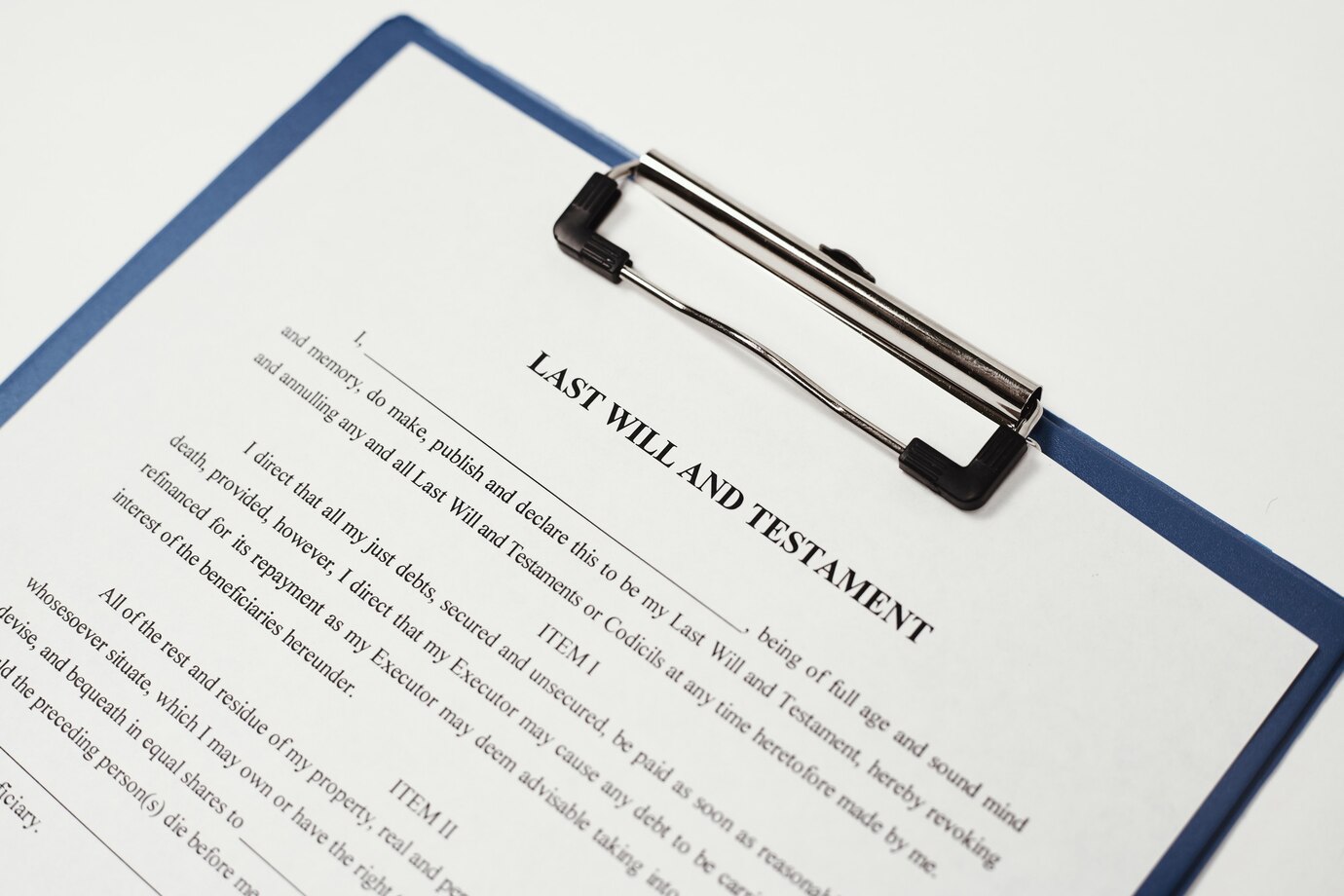Discover whether wills must be filed with a government entity in Iowa. Learn about the legal requirements and procedures for managing testamentary documents.
Understanding Wills in Iowa
In Iowa, a will is a legal document that outlines how a person’s assets and properties should be distributed after their death. It allows individuals to specify their wishes regarding their estate and appoint an executor to carry out these instructions.
Legal Requirements for Wills in Iowa
-
Must be in writing
-
Signed by the testator (person making the will)
-
Witnessed by at least two competent individuals
-
Testator must be of sound mind
Do Wills Need to be Filed with a Government Entity in Iowa?
Unlike some states, Iowa does not require wills to be filed with a government entity during the testator’s lifetime. However, after the testator passes away, the will must be filed with the probate court in the county where the deceased resided.
Managing Testamentary Documents
Upon the testator’s death, the executor named in the will is responsible for managing the testamentary documents. The executor must initiate the probate process, which involves validating the will, inventorying assets, paying debts, and distributing property to beneficiaries.
Importance of Estate Planning
Estate planning, including creating a will, is crucial for ensuring that your assets are distributed according to your wishes. It can help avoid disputes among family members and provide clarity on how your estate should be handled after your passing.
Final Thoughts on Filing Wills in Iowa
While Iowa does not require wills to be filed with a government entity during the testator’s lifetime, it is essential to ensure that the will is properly executed and stored in a secure location. Consulting with an estate planning attorney can help you navigate the legal requirements and create a comprehensive plan for the distribution of your assets.
Buried in Work’s Additional Resources
Buried in Work provides Iowa state-specific service provider directories and information related to estate preparation, end-of-life tasks, and estate transition information. Click here to learn more.
If you have feedback, questions, or ideas for future articles or Information Hubs, please contact us. Your insights help us create valuable content.


